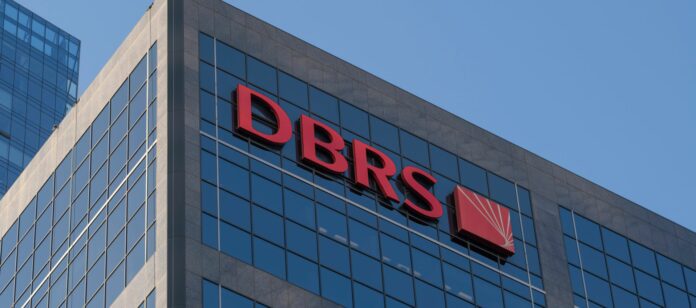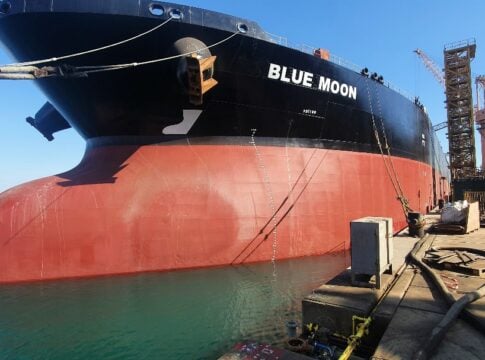Greek banks have benefited from the recovery of the domestic economy and are in a stronger position after significant restructuring, DBRS noted and estimated that the HFSF divestment from the large Greek banks will proceed largely smoothly.
“We expect the HFSF divestment from the large Greek banks to proceed largely smoothly considering the sizeable improvements in banks’ credit fundamentals as well as the resilience of Greece’s economy, and the regained investor appetite for the country,” said Andrea Costanzo, Vice President from the DBRS Morningstar European Financial Institutions team.
On her part, Spyridoula Tzima, Vice President, Global Sovereign at DBRS Morningstar, stated: “The increased confidence in the Greek economy, together with the improved business environment and the stable political environment will be important during a period in which Greece needs to fulfil the targets and milestones of its Recovery and Resilience Plan (RRP) and attract much-needed foreign investments.”
Greece’s sustained commitment to fiscal responsibility that keeps the public debt ratio on a downward trend, its good track record on structural reforms, significant improvements in the banking system and our view that the prospects for the Greek economy have improved, led to an upgrade of Greece’s ratings to investment grade.
HFSF has played a critical role in the recovery of the Greek banking sector
The Hellenic Financial Stability Fund (HFSF or the Fund) was founded on 21 July 2010 under Law 3864/2010 as a State-owned special purpose vehicle (SPV) albeit with administrative and financial autonomy. The Fund’s dual mission consists of (i) contributing to the maintenance of the stability of the Greek banking system for the sake of public interest, and (ii) disposing of, in whole or in part, shares or other financial instruments held in credit institutions, in principle not beyond the Fund’s termination.
The HFSF has been endowed with around 44 billion euros equity in total by the European Financial Stability Fund (EFSF) and the European Stability Mechanism (ESM). From 2013 to 2016, HFSF’s primary mission was to manage the restructuring of the banking sector, thereby helping to stabilize the financial landscape. This resulted in a number of mergers which, in turn, led to the current structure of the four domestically systemic banks, Alpha Bank, Eurobank, National Bank of Greece, and Piraeus Bank. The Greek banking sector required sizable interventions from the HFSF in that period, mainly intended to wind down some small lenders and recapitalize the systemic banks after the hit experienced as a result of the global financial crisis and the Greek sovereign debt crisis.
These sources supported banks’ non-performing loan (NPL) strategies in the following years. HFSF has had a further role in the de-risking of the Greek banking system with the “Hercules” Asset Protection Scheme (HAPS) set up in 2018 to accelerate the loan clean-up process. More recently, the HFSF participated in the additional capital increases of Piraeus Bank and Alpha Bank, and entered the shareholder base of the fifth largest Greek bank, Attica Bank. HFSF currently holds equity stakes ranging between 1.4%-69.5% in the four systemic banks and in Attica Bank. The Greek banking sector has made significant progress in improving its asset quality on the back of the reduction of legacy NPLs as well as tightening of lending standards for new loan originations, and a manageable level of new NPL inflows. According to the Bank of Greece’s data, the systemwide gross stock of NPLs was around 13 billion euros at the end of June 2023, implying a gross NPL ratio of 8%, markedly down from around 112 billion euros and 40.8% respectively at the end of 2014. As a result, HFSF’s total equity amounted to around 3.6 billion euros at the end of September 2022, down 90% compared to the end of 2012.














